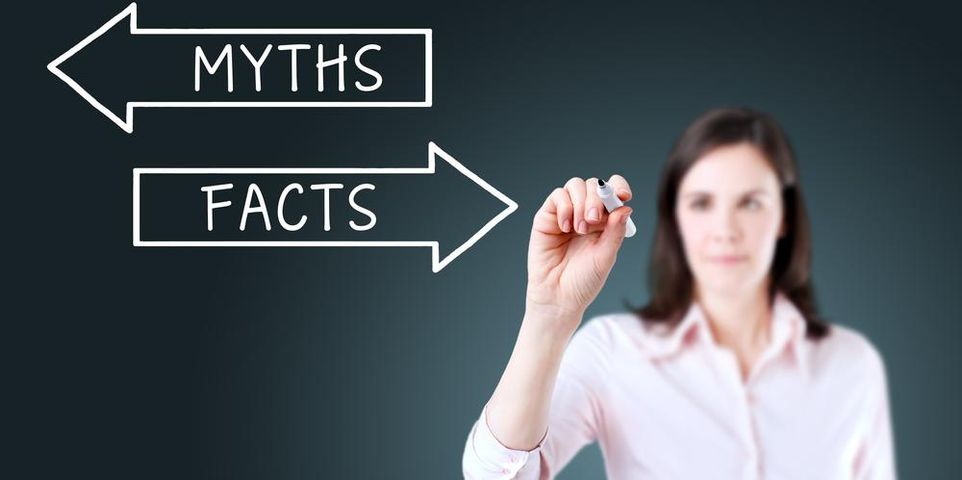
Those who suffer an overactive bladder (OAB) don’t often feel comfortable talking about their condition. The team at Midwest Urogynecology in St. Louis, MO, warns that staying silent about it and not asking questions leads to the belief and propagation of harmful falsehoods. To help clear things up and promote greater urinary health, their doctors reveal the truth behind some of the most common misconceptions.
Dispelling 5 Myths About Overactive Bladders
1. OAB Is a Rare Disease
First, OAB is not a disease. Instead, this term is used to describe a variety of symptoms associated with lack of bladder control. For example, some have to get up throughout the night to use the restroom, while others experience urinary incontinence—a slight leaking of urine.
Secondly, OAB is not rare at all. In fact, the Urology Care Foundation estimates that nearly 33 million Americans experience symptoms of the condition. And while 40% of women in America have OAB, about 30% of men are also affected by it.
2. Only Older People Get It
While the National Institute on Aging does report that overactive bladder is more common among those over 40, the condition can happen at any age. And though bathroom needs can get harder to manage with age, OAB shouldn’t be written off as a normal sign of getting older.
3. You Should Drink Less Water When You Have OAB
 When people experience the frequent need to urinate, it’s common for them to think that they are drinking too much water. However, avoiding water won’t improve one’s control over bladder function. Instead, drinking less leads to dehydration, which has a variety of negative effects on the body.
When people experience the frequent need to urinate, it’s common for them to think that they are drinking too much water. However, avoiding water won’t improve one’s control over bladder function. Instead, drinking less leads to dehydration, which has a variety of negative effects on the body.
4. OAB Happens Because of Bladder Size
Many falsely believe that OAB occurs because a person has a small bladder. In actuality, people develop this condition for a variety of reasons. Sometimes, symptoms occur due to weak bladder muscles. In other cases, nervous system problems result in the brain sending the wrong messages to the bladder.
5. Adult Diapers Are the Only Solution to OAB
There’s no need to rely on diapers to cope with OAB symptoms. Instead, talk to your doctor about effective treatments, such as lifestyle adjustments, bladder retraining, and medication.
For expert help with overactive bladder and urinary incontinence, turn to the women’s health care specialists of Midwest Urogynecology. Located in St. Louis, MO, this provider offers a wide variety of services to address the reproductive and urology concerns affecting women of all ages. You can find out more about their comprehensive care online or call (314) 596-9955 to schedule an appointment.
About the Business
Have a question? Ask the experts!
Send your question

